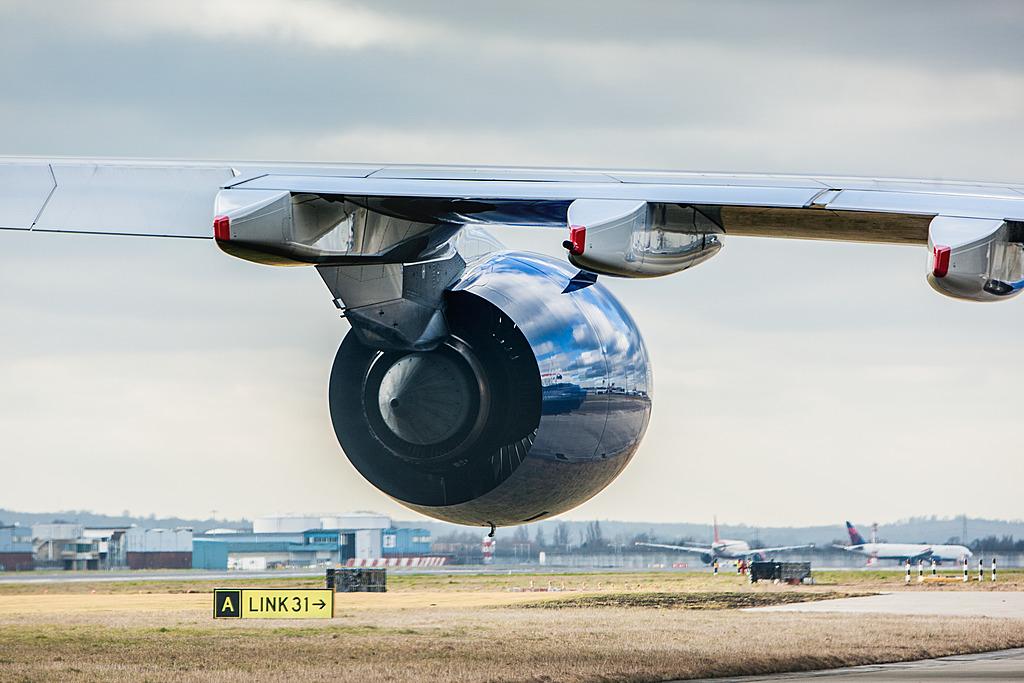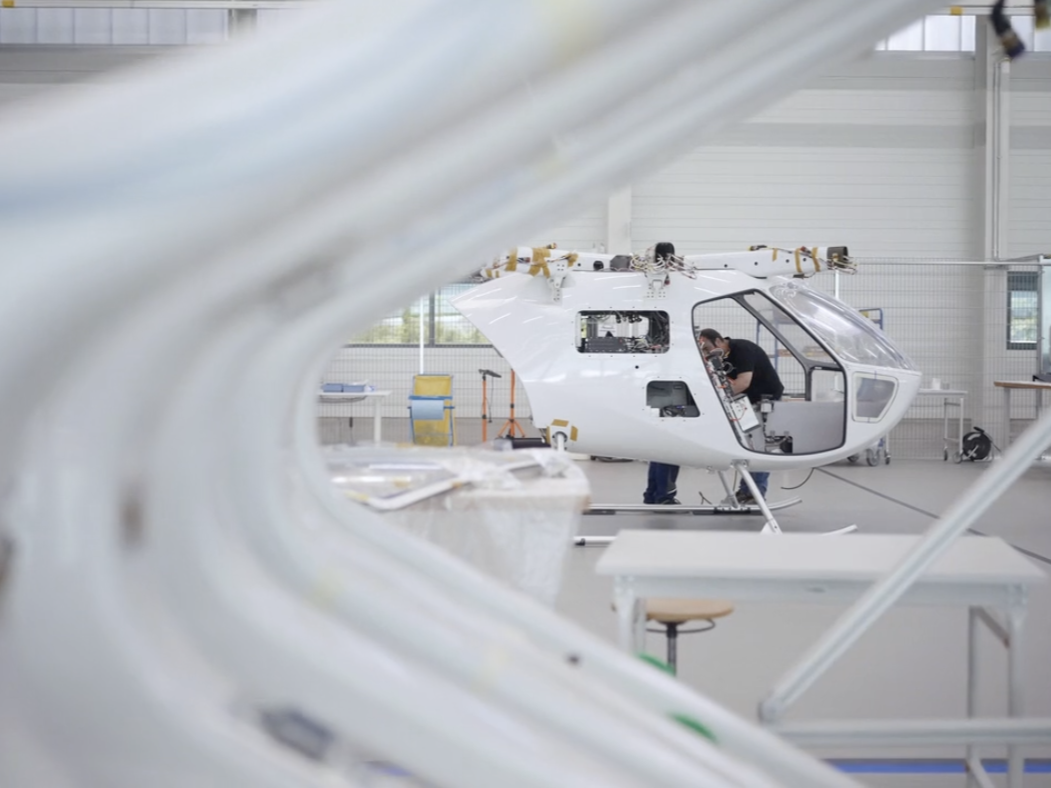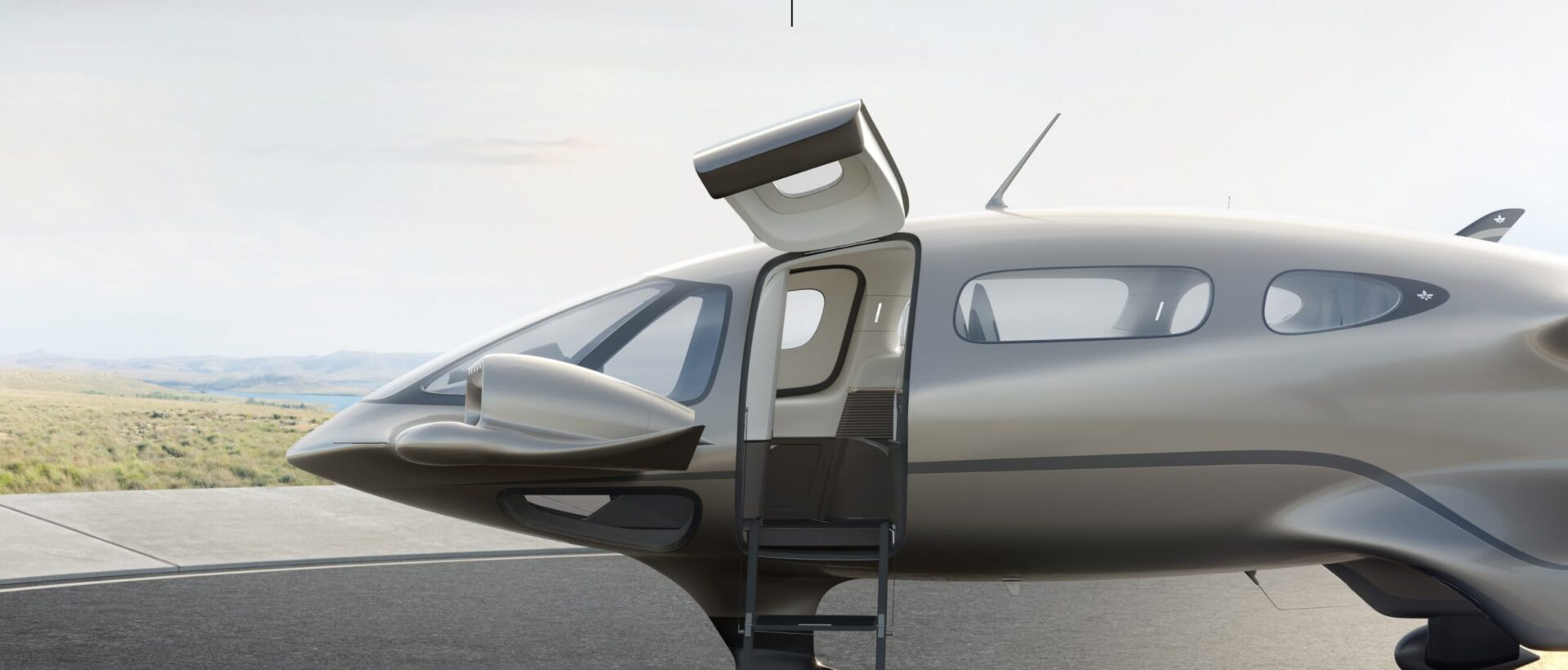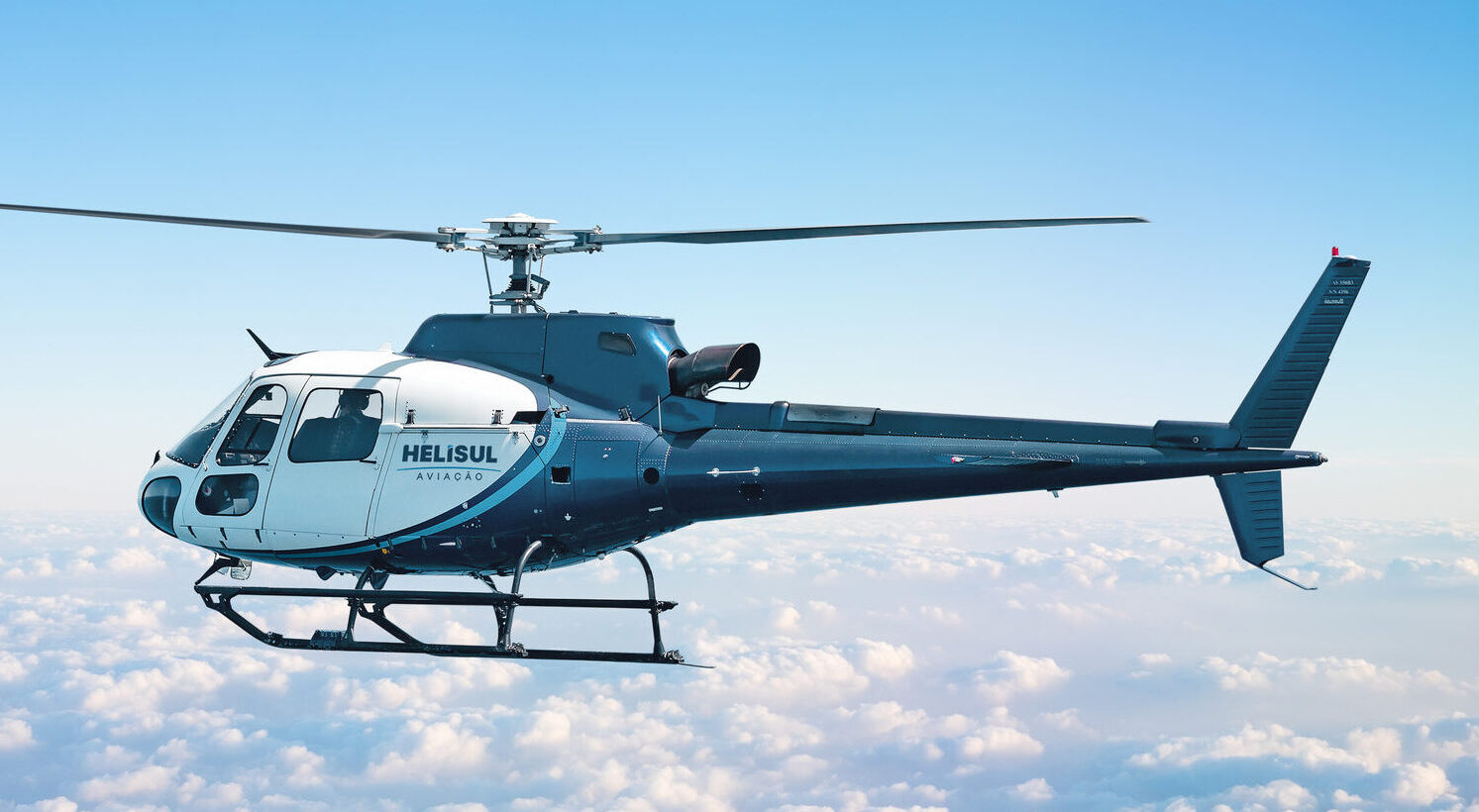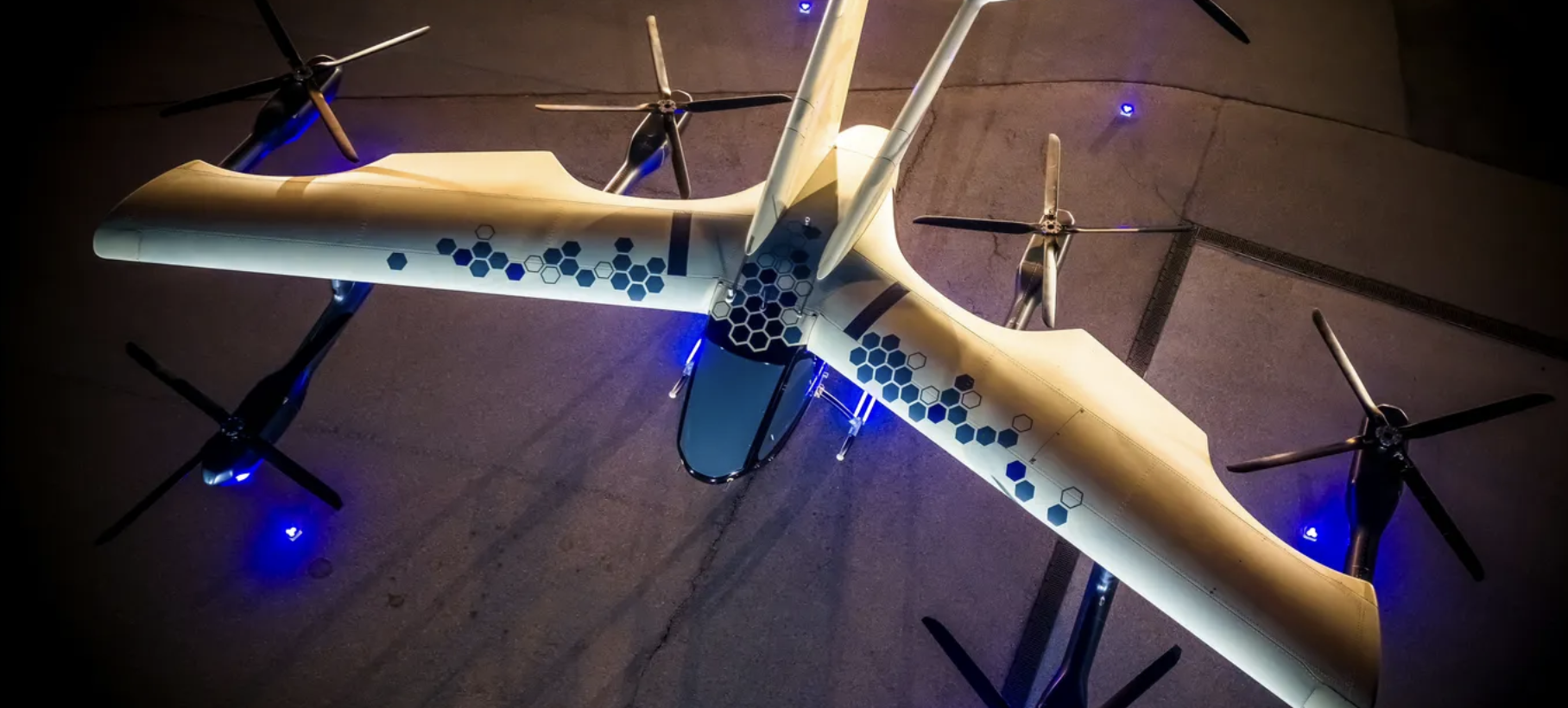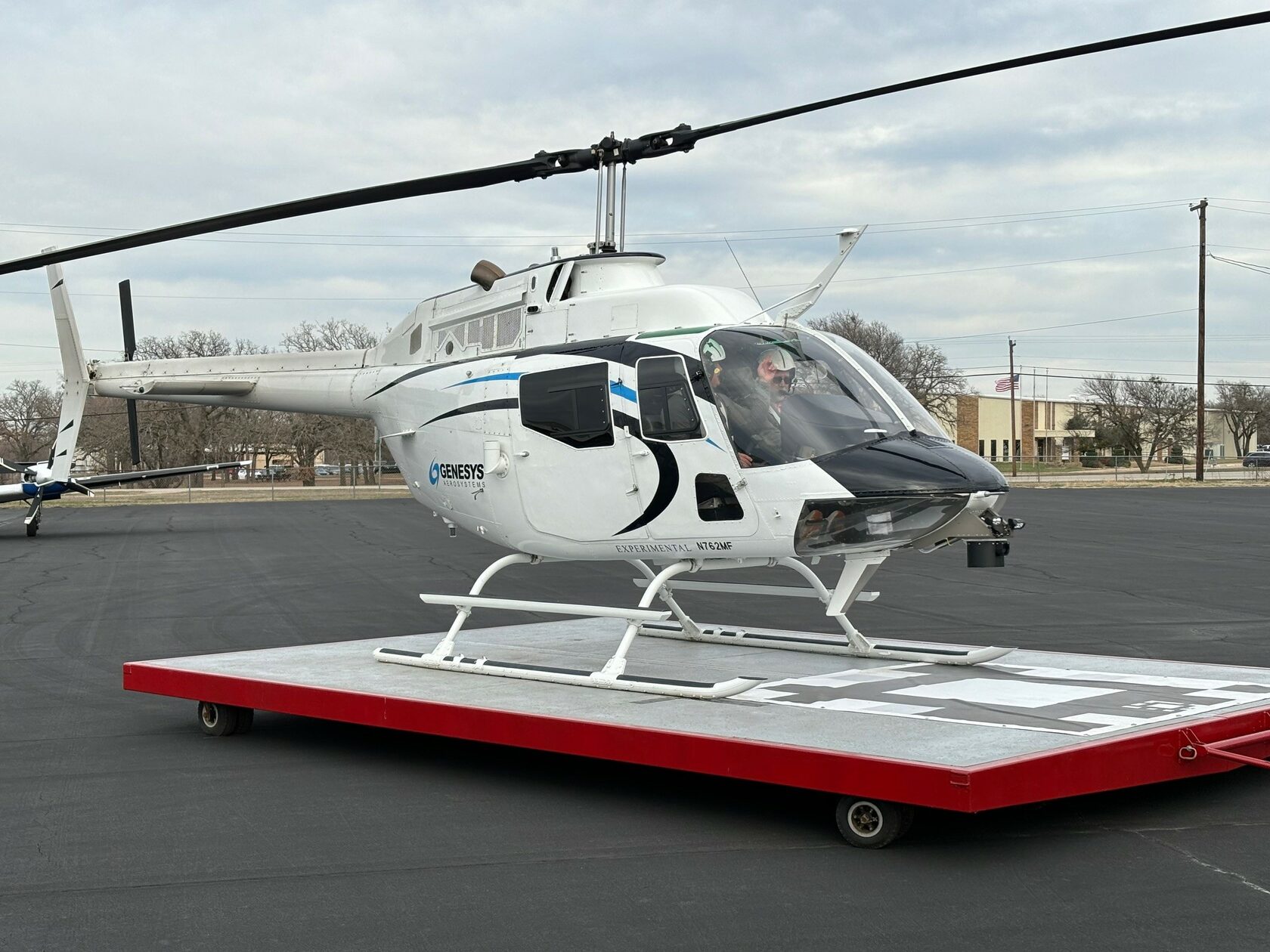The UK’s Department for Transport (DfT) has released the government and industry’s joint Future of Flight action plan, which envisions the launch of flying taxis, crime-fighting drones and critical care deliveries by 2030.
This plan sets out a roadmap for deploying drones and electric aircraft in the UK, which could boost the economy by 45 billion GBP by the end of the decade.
It includes plans for the first piloted flying taxi flight by 2026 and regular services by 2028. In addition, regular drone deliveries are expected by 2027 and demos of autonomous flying taxis without pilots on board are planned by 2030.

Aviation and Technology Minister, Anthony Browne, said:Cutting-edge battery technology will revolutionise transport as we know it – this plan will make sure we have the infrastructure and regulation in place to make it a reality.
From flying taxis to emergency service drones, we’re making sure the UK is at the forefront of this dramatic shift in transportation – improving people’s lives and boosting the economy.
Specifically, the plan includes actions to:
- Allow drones to fly beyond visual line of sight (BVLOS)
- Promote smaller aerodromes by setting out how they can operate as vertiports for electric aircraft
- Develop standards to improve security for drones
- Engage communities and local authorities so that they can enjoy the economic and social benefits of these technologies
Drones are already in use in small numbers across the UK; for example, West Midlands Police uses drones to tackle violent crime and antisocial behaviour.
In addition, drones can help frontline NHS staff save lives, as demonstrated in a 6-month trial between October 2022 and March 2023. This trial saw Skyfarer partner with University Hospitals Coventry and Warwickshire NHS Trust and Medical Logistics UK to deliver surgical implants and pathology samples using drones.
To expand such potential, the Future of Flight action plan contains measures to make drone applications and assessments easier by creating new and simple digital platforms.
It will also enable the development of vertiports for drones and electric vertical take-off and landing (eVTOL) aircraft by providing certification standards and reviewing the use of existing infrastructure.
Meanwhile, industry partners will complete trials to explore new ways to operate drones beyond the visual line of sight. In such cases, drones could be used to find and repair faults more efficiently along the railway.
Duncan Walker, Chief Executive of Skyports and Chairman of the Future of Flight Industry Group, said:The UK is home to one of the world’s most important aerospace industries and is in an ideal position to be a pioneer in the next era of aviation. The government and industry have a joint commitment to support the development, industrialisation and introduction of new aviation technologies. Continued collaboration will ensure that we capitalise on the significant domestic and international market opportunities presented by the future of flight.



